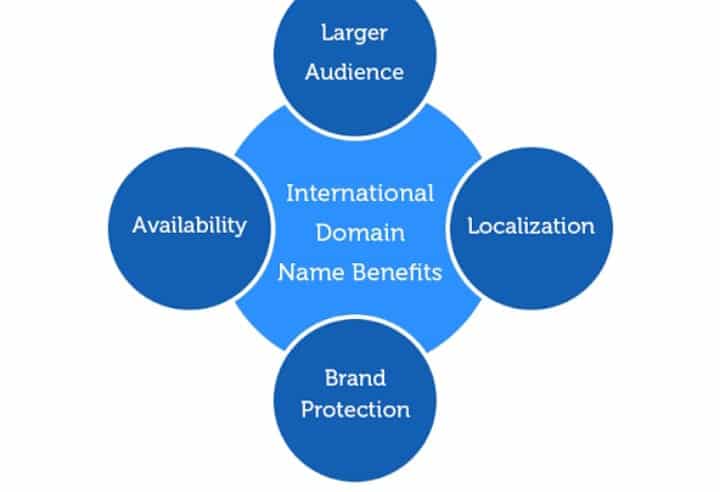The Benefits of Domain Registration Domain registration is the process of buying a top-level domain. There are billions of websites, but each has a unique domain name. As an individual, finding an available name can be difficult. Domain registrars, also called registrars, house search engines that return a list of available names and a help […]
Domain Name Registration domains Registrars are companies accredited by ICANN, the Internet Corporation for Assigned Names and Numbers, to sell domain names Registration. Each registrar sells a specific range of top-level domains. Some registrars are under contract with domain registries and offer help facilities and services to help you purchase domains. If you’re unsure […]
Buying a Domain Name There are many hidden costs involved in buying domain . While you may be paying a flat rate for the domain , most registrars try to upsell you with other services. You may be charged an extra transfer fee or they will bundle other services into the price. If you’re buying […]
Best Domain Names 1 The Best domain name is used to connect a local network to the internet. It is a unique identifier that a person or business can use to find your website easily. If chosen correctly, domain names are an important step in building a brand identity. If used correctly, they make finding […]





